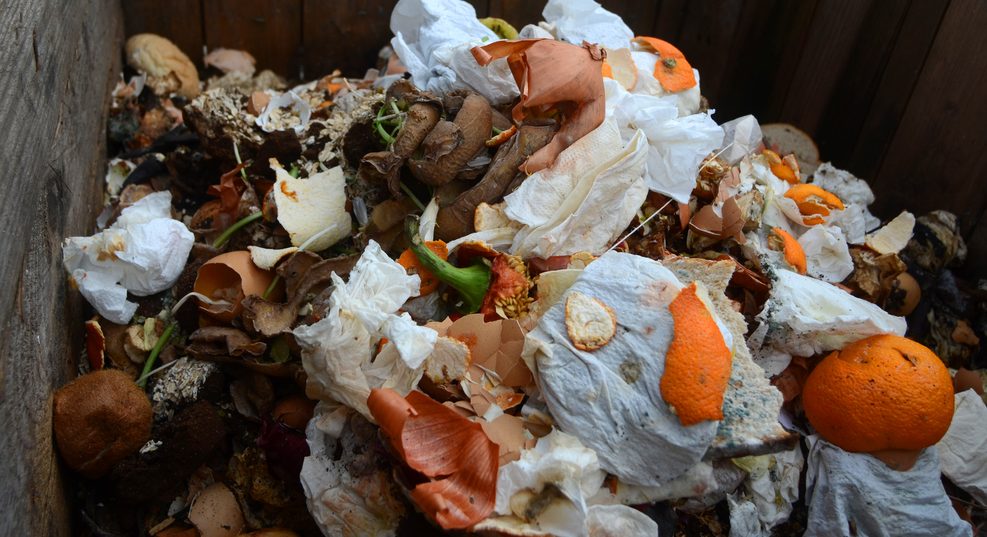The Food Standards Agency’s (FSA’s) Covid-19 Consumer Tracker found that the number of people reporting eating food that had gone past its use-by date varied by food type, ranging from 17% for smoked fish to 36% for bagged salads.
In addition, the research reveals that the number of people who have skipped meals or cut down on meal sizes due to not having enough money remained stable between April (18%) and May (16%). The number of people who used emergency food providers to access food remained stable between April (8%) and May (7%), the research shows.
The survey also highlights a distinct move towards more local food purchasing behaviour, 35% of respondents said they had done so more often, 11% less often. In addition, consumers reported buying from local suppliers, such as farm shops and veg box schemes, more often.
Heather Hancock, chair at the Food Standards Agency, said: “The Covid-19 Consumer Tracker is helping us understand people’s food concerns during these difficult times. This knowledge has already helped to inform the work of the Ministerial Taskforce on Vulnerabilities and will continue to do so.
“I would like to say thank you to the voluntary sector and local authorities, who are working hard to find a variety of routes to address governments in the UK. We will continue to play our part in responding to this global pandemic and ensuring food is safe and what it says it is.”
The research also found that people are buying fewer takeaways overall when compared to before lockdown; people reported this was due to financial reasons, cooking more at home, less availability, and concerns over food safety and hygiene.
Purchasing from sources such as vendors on Facebook Marketplace (7% April, 8% May) and food-sharing apps (8% April, 9% May) remained stable, with buyers more highly represented in younger groups and among those with no formal qualifications.
 Talking Retail Grocery and product news for independent retailers
Talking Retail Grocery and product news for independent retailers






